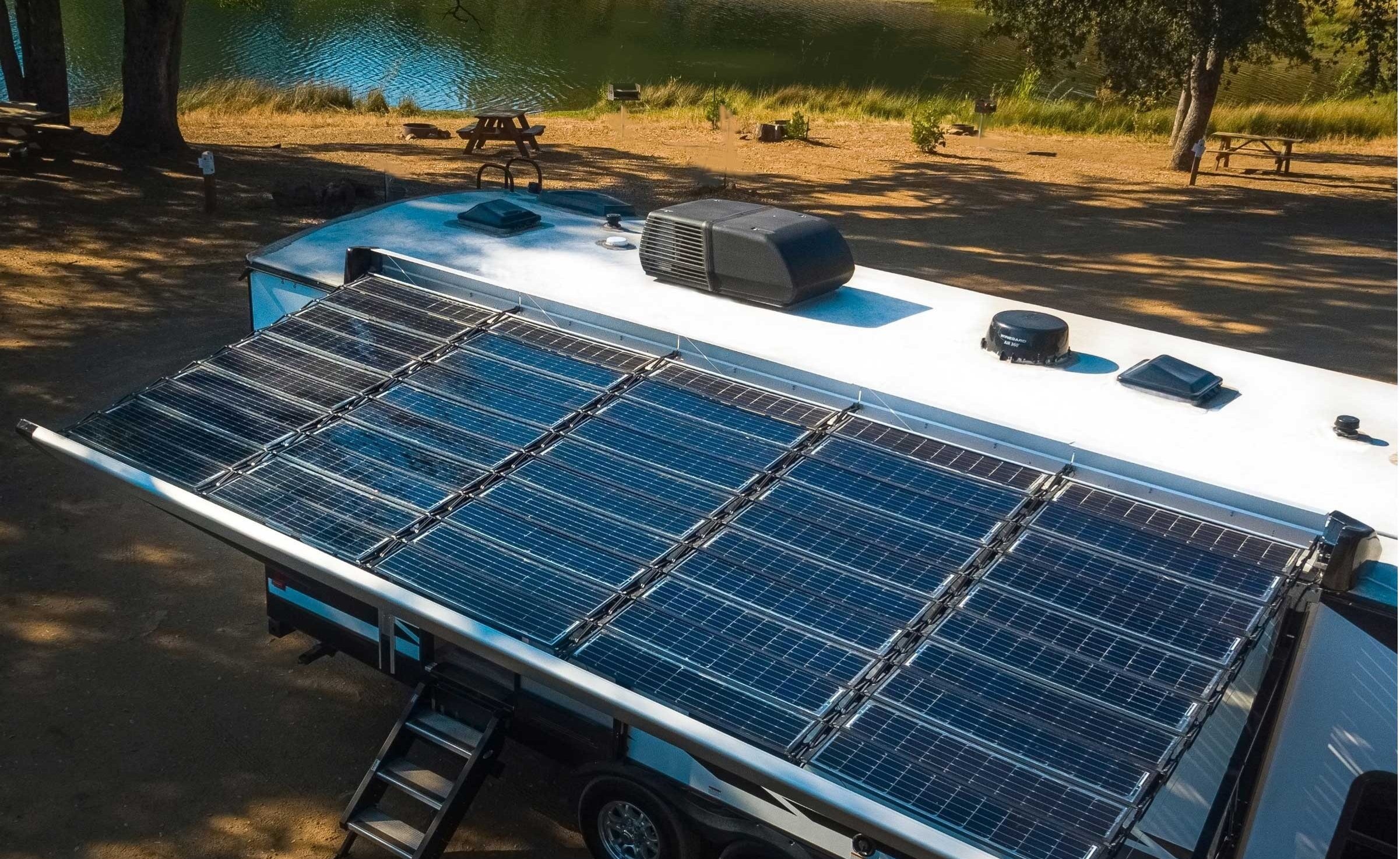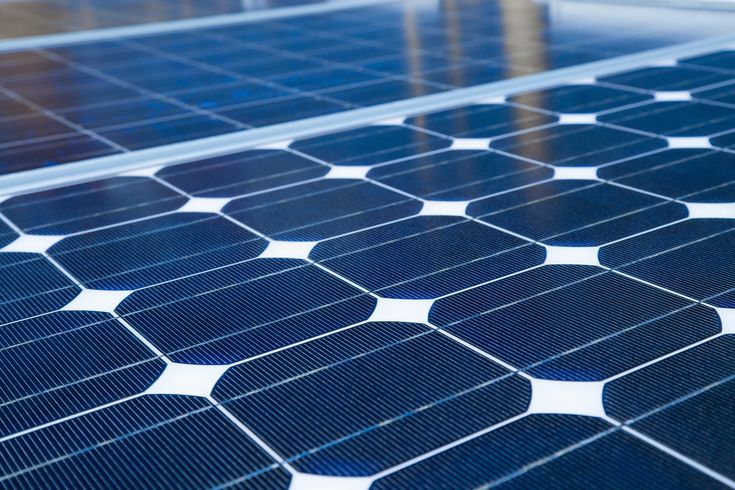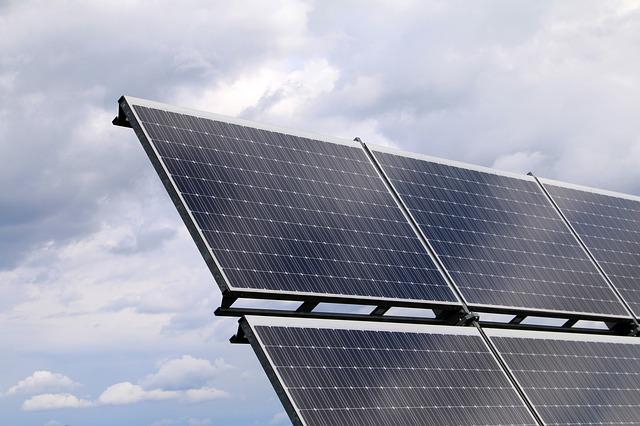
Solar panels are expensive but worth it. They are not only environmentally friendly but also provide great energy for your home and can even pay for themselves. You can also get tax incentives to make solar power attractive. This article will explain the costs of solar panels, and how to calculate their ROI. Hopefully, this article will help you to make an informed decision.
Solar panels are expensive
It's important that you consider many factors when looking at the cost of solar cells. There is also equipment that can increase the price. This equipment includes the following: mounting hardware, inverters (inverters), metering devices, and wiring. The more powerful your solar system, the more equipment you will need. There are also ongoing costs like inspections and monitoring. Even though these aren't considered to be part of the solar panel cost, they add up.
The number of panels required to make solar panels will affect the cost. The cost of a panel can be extremely expensive or very affordable. It all depends on the manufacturer and where it is installed. The majority of solar companies price solar panels as a whole system. SolarReviews.org can give you a more accurate idea of the price per panel. It provides detailed information from companies selling solar power in each state.

Solar panels have a payback period
Understanding the payback period is crucial when considering solar panels. This calculation considers how much you'll save annually after tax rebates and financial incentives. The payback period for residential solar panel installations is the time when you are able to save as much money on your energy bill as the cost of the solar panels. Installing solar panels is a worthwhile investment. The payback period is far shorter than you might imagine.
Solar panels have a payback period that is dependent on the price of electricity. This means you could save hundreds of dollars each year. The payback period varies widely from state to state, but is generally eight to fifteen years, depending on the number of panels. Additionally, solar panels are durable enough to pay for themselves within 8 to 15 year of installation. Solar panels can typically be paid for in Canada within 8 to 15 years.
Tax incentives
Federal tax incentives are a key factor in deciding whether to install solar panels at your home. The tax credit makes solar energy more affordable and enables you to enjoy tax savings on the money you spend. The credits may not be available to all homeowners. Some states may allow a partial tax credit, while others may not. It is crucial to be familiar with the federal credit and how it works before looking for the ideal solar power system.
Installing solar panels has many benefits. You can increase the property's value. When a prospective buyer sees the reduced utility bill, they will be more likely to choose your home. A number of states have passed legislation that allows you to claim a tax credit on the property's value when you install solar panels. You will not have to pay local property taxes for a solar panel system costing $25,000, for instance. Solar incentives can be used by businesses, as well. For example, solar panels can be used as a source of energy to power equipment at businesses. This tax credit is worth up to 30% of the installed cost of a PV system.

Solar panels are a good investment.
The solar panel's return on investment (ROI), is affected by many factors. Another factor is how much money you can save on your energy bills. These savings will depend on the cost of electricity in your area. Higher utility costs will result in a shorter payback period. But, solar panels can still have a high return on investment.
Your ROI will rise if you increase your energy production. You can save more energy if you have more solar panels. By multiplying the estimated energy savings by solar panels' cost, you can calculate your return on investment. It is possible to have a net install cost. In this case, the money you save through lower energy bills should equal the energy savings. You can calculate your ROI for solar panels using a calculator.